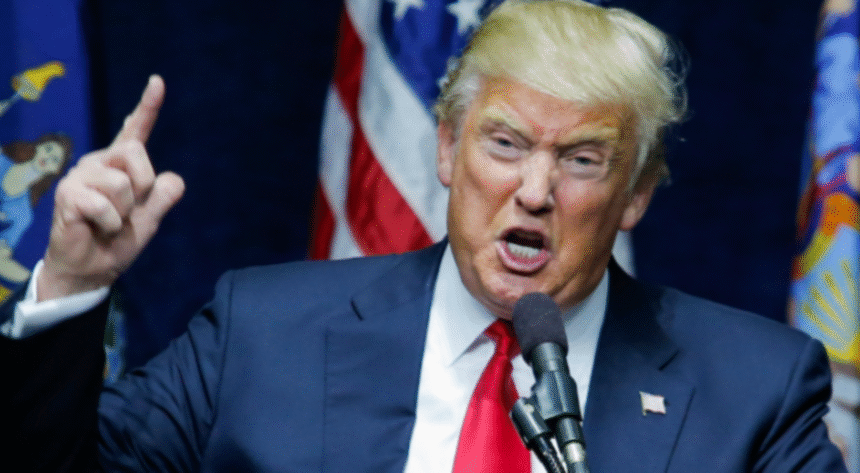Former U.S. President Donald Trump has confirmed he ordered two American nuclear submarines to approach Russian borders following a heated exchange with former Russian President Dmitry Medvedev on social media.
BBC’s Moscow editor Steve Rosenberg analyzed the situation in a recent article, raising concerns about the lack of official response from the Kremlin and questioning whether this could mark the start of a digital-age version of the 1962 Cuban Missile Crisis.
Despite the serious implications, Rosenberg expressed skepticism, noting, “At least judging from the initial reactions in Russia,” such a scenario seems unlikely.
So far, Russian authorities—including the Kremlin, Ministry of Foreign Affairs, and Ministry of Defense—have remained silent. There’s been no mention of a counter-deployment of Russian submarines toward U.S. waters either.
Russian media have largely mocked Trump’s statement, suggesting either that Moscow is still evaluating the situation or simply doesn’t feel the need to respond—likely the latter, according to analysts.
Trump vs. Medvedev: The Exchange
The tension began when Trump gave Russia less than two weeks to end the war in Ukraine, down from his previously stated 50-day timeline. Medvedev responded:
“Trump is playing the ultimatum game with Russia… Each new ultimatum is a threat and a step toward war.”
Trump’s reply was sharp:
“Tell Medvedev, that failed former president who still thinks he’s in power, to watch what he says. He’s entering very dangerous territory.”
Medvedev escalated further by referencing the Soviet-era automatic nuclear retaliation system known as “Dead Hand”—a move that appears to have alarmed the White House.
Once seen as a liberal figure during his 2008–2012 presidency, Medvedev has in recent years become one of the most vocal anti-Western voices online. While many of his past posts were dismissed due to his diminished political role, this time, Trump took the rhetoric personally.
Trump’s Justification
In a Newsmax interview, Trump said:
“Medvedev said some very nasty things—he mentioned the word ‘nuclear.’ When someone says ‘nuclear,’ my eyes light up. I think we have to be careful because that’s the ultimate threat.”
While Medvedev’s nuclear threats are not new, what’s clear is that Trump reacted in his typical unpredictable fashion—likely both out of personal offense and possible strategic calculation.
Some analysts suggest the move may be part of Trump’s negotiation style: surprise decisions that unsettle opponents—possibly in the context of ending the war in Ukraine.
If so, the sudden deployment of nuclear submarines may be less about provocation, and more about shock diplomacy.







